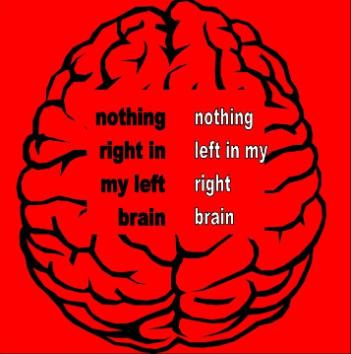The simultaneous announcement of the Blackboard patent [3 MB PDF] and the issuing of the complaint [200 kB PDF] against Desire2Learn on July 26, 2006, is one of those events that immediately changes our perception of ourselves and what we do. The emotions - disbelief, anger, frustration, resignation, and denial - show how unexpected, shocking, and important this event was to higher education. As bloggers educate us on patents, Blackboard business strategy, and the history of e-learning, three sharply different issues are emerging: policies to encourage innovation; the commercialization of teaching and learning; and collaboration among higher education and its suppliers.
Recent Posts
- A leaving speech
- How algorithms manipulate the market
- Clayton Wright's Educational Technology and Education Conferences, January to June 2016
- Alphabet
- Paul Mason's Postcapitalism - talk and discussion
- FE Area Based Reviews should start by making an assessment of need
- Citizen Maths - powerful ideas in action
- Robotics - someone who ran DARPA's Robotics Challenge looks ahead
- On the long-term future of artificial intelligence
- A ten year old interview
Recent Comments
- David Hughes on A leaving speech
- Liz Perry on A leaving speech
- Khaled on If ever you need a really comprehensive "title" drop-down
- Mark Sosa on If ever you need a really comprehensive "title" drop-down
- Richard Stacy on Video and Online Learning: Critical Reflections and Findings From the Field
- Mike Jones on "The Facebook" Kyle McGrath's August 2005 assessment
- G Kelly on Syria-related readings
- Kris Sittler on Second report from Keith Devlin's and Coursera’s Introduction to Mathematical Thinking MOOC
- Robert McGuire on Second report from Keith Devlin's and Coursera’s Introduction to Mathematical Thinking MOOC
- Keith Devlin on Second report from Keith Devlin's and Coursera’s Introduction to Mathematical Thinking MOOC



The Web 2.0 emperor is naked. Gavin Clarke reports in The Register on the views of Tim Berners-Lee and Eben Moglen.
Useful amunition in this 30/8/2006 article in the Register.
For a slightly less sceptical view, see this March 2006 piece by Bill Thompson. For an entirely contrary view see this piece by Dion Hinchcliffe.
Note. Link to Dion Hinchcliffe's article added in response to comment from Mark van Harmelen.
Posted on 09/09/2006 in News and comment | Permalink | Comments (0)
|